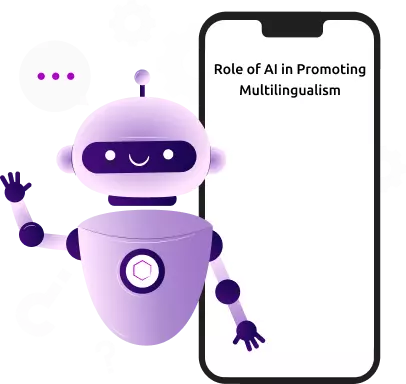- Our Writers
- How to Order
-
Services
Essays
Papers
- Why Us
- Resources
Imagine a world where computers can help students write essays and even generate research papers on their own.
This is the exciting world of AI, or Artificial Intelligence, in academics. But with this amazing technology come important questions about ethics, or what's right and wrong.
In this blog, we're going to explore the ethical side of using AI to create academic content, like papers and essays. We'll see why it's such a big deal and why we should care.
So, let’s dive in!
AI is making significant progress in assisting researchers and educators in the world of academia, where knowledge creation and dissemination are essential.
From automating the creation of research papers to aiding in data analysis for experiments, AI has found a significant place in the academic landscape.
Here's a closer look at how AI is shaping content creation within the academic sphere.
AI offers several advantages in the academic content creation:
While AI presents numerous benefits, it also raises significant ethical concerns within academia. Let's examine some of these concerns:
Maintaining transparency and accountability is fundamental in the ethical use of AI-generated content within academia. It's crucial that:
Bias can inadvertently find its way into AI algorithms, affecting content generation within academia. It's important to:
In conclusion, AI is a powerful tool that is reshaping content creation in academia. As technology continues to develop, so will the ethical considerations that surround it.
While it offers efficiency and scalability, ethical considerations are paramount. The academic community must work together to address concerns related to plagiarism, misinformation, and bias. By embracing ethical guidelines and fostering collaboration, we can harness the potential of AI essay writer tool while safeguarding the authenticity of scholarly work.

WRITTEN BY
Dr. Alex Mercer (Mass Literature and Linguistics, Masters )
Dr. Alex Mercer is a renowned author specializing in AI and academic writing, known for his insightful and informative blogs on EssayService.ai. With a passion for both technology and education, Dr. Mercer has established himself as a trusted voice in the field, providing valuable insights to students, educators, and technology enthusiasts alike.
Dr. Alex Mercer is a renowned author specializing in AI and academic writing, known for his insightful and informative blogs on EssayService.ai. With a passion for both technology and education, Dr. Mercer has established himself as a trusted voice in the field, providing valuable insights to students, educators, and technology enthusiasts alike.
On This Page On This Page
Share this article
AI-Powered Virtual Labs: Revolutionizing Science Education
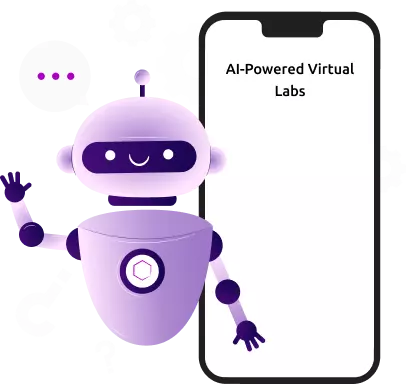
How AI-Powered Writing Tools are Transforming Academic Writing
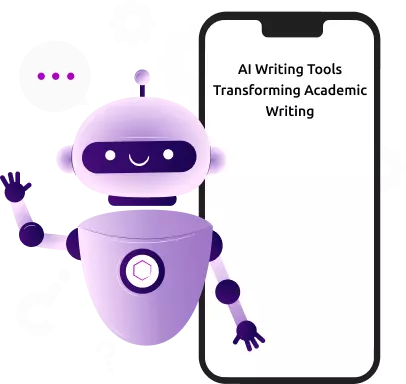
AI Writing Assistants: A Writer Best Friend or Worst Enemy?
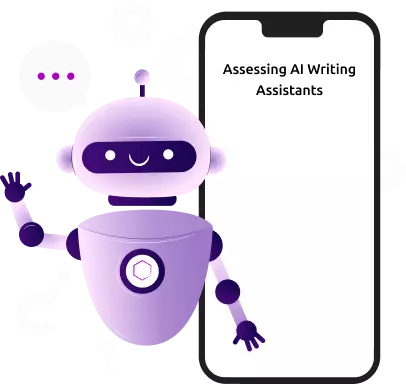
CopyAI vs. EssayService.ai
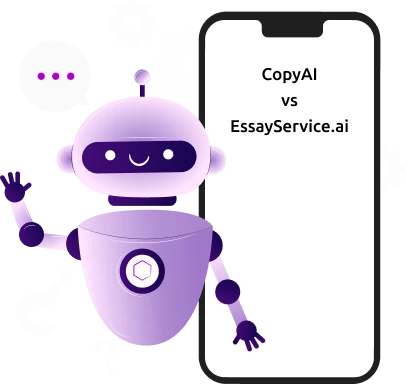
Jasper vs. EssayService.ai
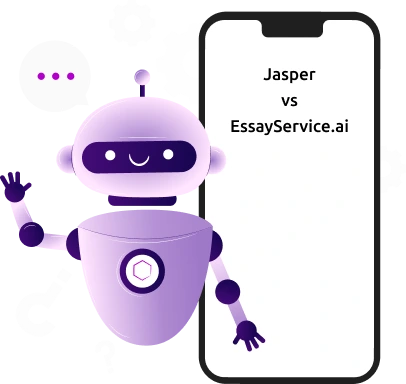
Rytr vs. EssayService.ai
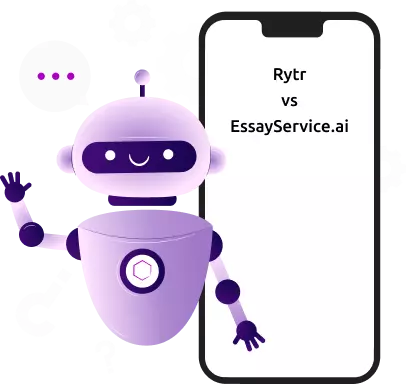
Smodin vs. EssayService.ai

Ethical Considerations in AI-Generated Content
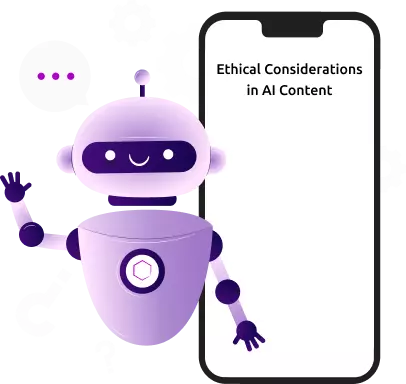
Future Trends of AI in Academics
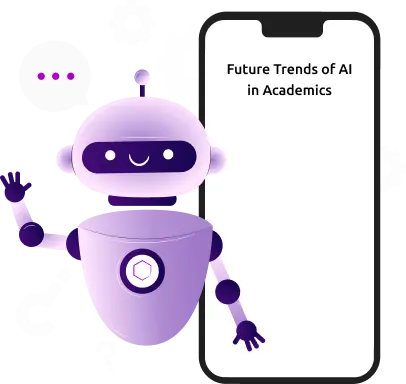
The Impact of Artificial Intelligence on Education: Current Trends and Future Possibilities
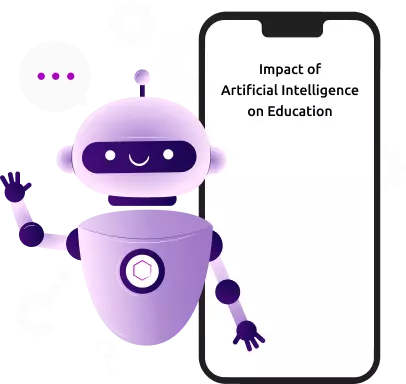
Improving Your Essay Writing with AI: Tips and Strategies
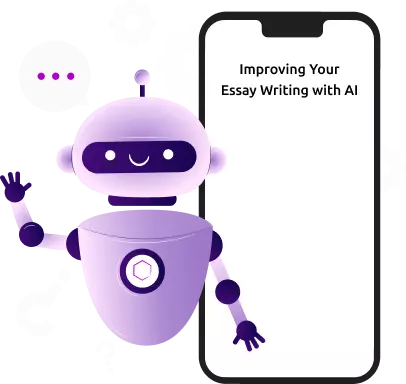
Natural Language Processing in Academic Writing: Tools and Techniques
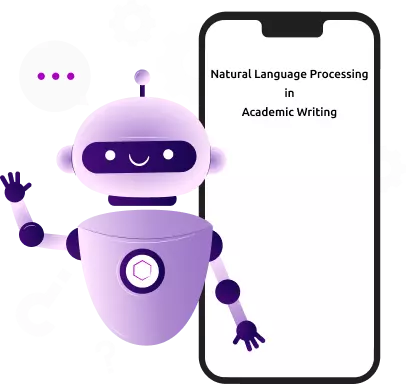
The Psychology of AI-Generated Content: How Do Readers Perceive It?
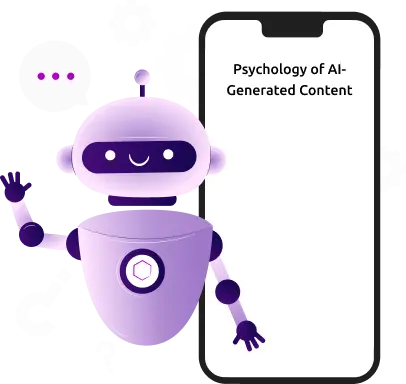
The Role of AI in Promoting Multilingualism: Breaking Language Barriers in Writing
